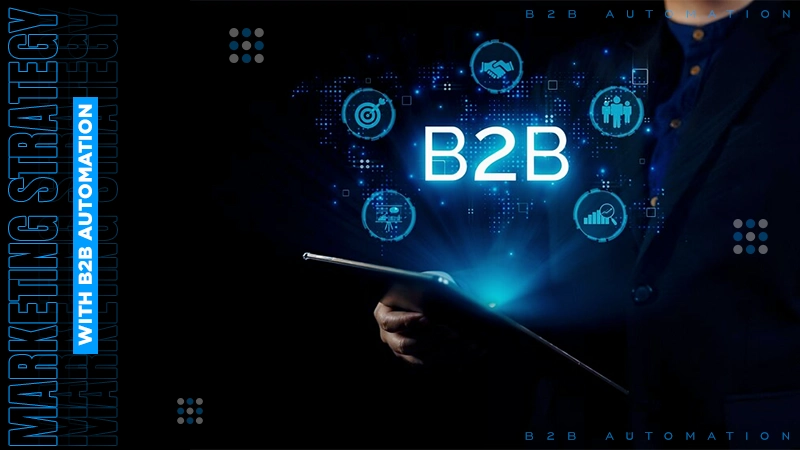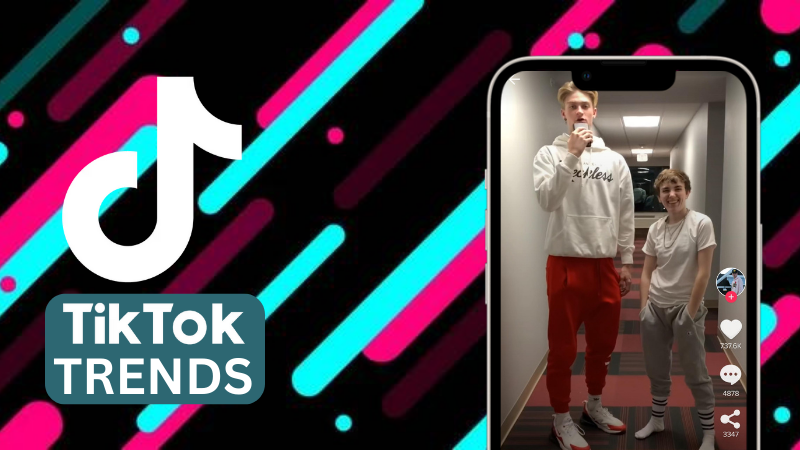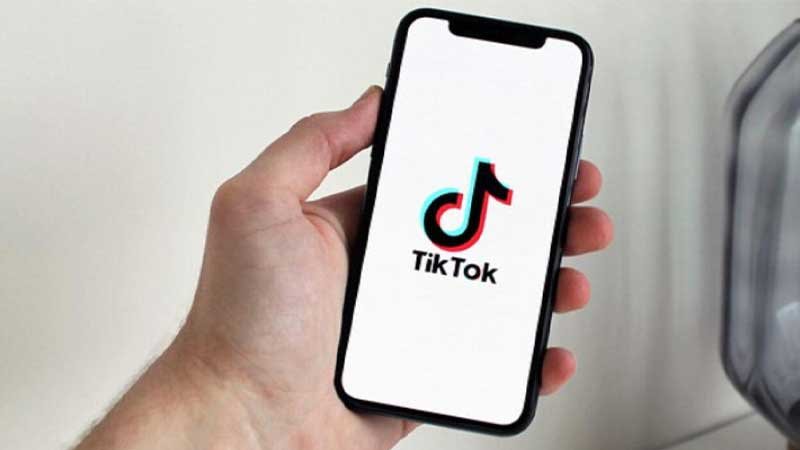Living in a Digital World: The Psychological Toll of Social Media Addiction
Living in a digital world, with its plethora of social media platforms, has changed the way we live, connect, and communicate. These platforms, though intended to bridge gaps and foster interaction, often create invisible walls, alienating individuals from their real-world social context. The lure of an online persona and constant stream of updates has made the Internet a world within itself. Luckily, good has emerged as well, thanks to anonymous chat helplines. Nonetheless, this constant connectivity comes with a price—social media addiction—a modern-day menace that is psychologically taxing for many.
Understanding Social Media Addiction
Social media addiction, a product of the digital age, is a behavioral disorder similar to other known addictions. It manifests itself when an individual becomes excessively concerned about social media, spends an enormous amount of time on these platforms, and neglects other aspects of life. Like gambling or substance addiction, social media addiction has been shown to stimulate the reward centers of the brain. It’s the dopamine release, a neurotransmitter responsible for mood and feelings of pleasure, that reinforces the behavior, creating a cycle of dependency that’s hard to break.
The Psychological Toll of Social Media Addiction
The psychological toll of social media addiction can be profound. It seeps into every corner of an addict’s life, affecting their relationships, work, and mental health. Some of the major impacts include:
- Low Self-esteem: Social media often becomes a platform for comparison, with individuals gauging their self-worth based on the number of likes, shares, or comments they receive. When the virtual applause does not match expectations, it leads to feelings of low self-esteem and self-worth.
- Anxiety and Depression: The fear of missing out (FOMO) is a real phenomenon associated with social media use. The constant need to stay updated can cause significant stress and anxiety. In the long run, these feelings can lead to clinical depression.
- Sleep Disorders: The constant connectivity, the need to check updates, and the blue light emitted by devices can significantly disrupt sleep patterns, leading to various sleep disorders.
Unveiling the Paradox: Connectivity and Loneliness

Ironically, while social media was created to bring people closer, it’s leading to increased feelings of loneliness and dissatisfaction. According to research by the American Psychological Association, individuals who spend more time on social media report feeling more isolated than those who spend less time. This paradox raises questions about the true nature of social media and its impact on human relationships.
The constant bombardment of carefully curated lives and experiences often leads to a sense of inadequacy, causing people to withdraw further from their actual social circles. This isolation, coupled with the superficiality of online interactions, can trigger feelings of loneliness and disconnect, making people even more dependent on these platforms.
The Impact of Social Media Addiction on the Brain
Research suggests that social media addiction has tangible effects on the brain. Like substance abuse, excessive use of social media has been associated with alterations in brain structure and function, particularly in areas associated with reward, social cognition, and decision-making.
One such area is the prefrontal cortex, involved in impulse control and decision-making. Excessive use of social media can impair its functioning, leading to decreased self-control and increased susceptibility to other addictive behaviors.
The Role of Social Media in Shaping Identity
In our digital world, social media platforms have become key players in shaping personal identity. Users present a certain image of themselves, curate their lives, and, in many ways, shape their self-concept based on the feedback they receive. For some, these platforms can create a sense of belonging, while for others, they can fuel feelings of inadequacy and alienation.
Social media offers a platform to voice opinions, share experiences, and connect with others. Yet, the reliance on social media for validation can lead to an unhealthy cycle of constantly seeking approval from peers. This need for affirmation and fear of criticism can drive individuals to create polished, often unreal, versions of themselves online.
This phenomenon has implications for the development of personal and social identity, particularly among adolescents. The pressure to conform to popular trends, gain approval, or avoid criticism can influence self-perception, choices, and behavior.
The Influence of Social Media on Body Image and Eating Disorders
Another facet of the psychological toll of social media addiction is its impact on body image. Platforms laden with photoshopped images and unrealistic body standards can contribute to negative body image and disordered eating patterns. The rise of ‘fitspiration’ content, promoting toned bodies and healthy lifestyles, can have a paradoxical effect, often leading to self-loathing, extreme dieting, and exercise regimes.
Researchers have found correlations between social media use and body dissatisfaction, dieting, body surveillance, and drive for thinness, particularly among young girls and women. These distorted perceptions can escalate to more serious conditions, including eating disorders like anorexia and bulimia.
The Impact of Social Media on Academic Performance
With the increasing popularity of social media among students, concerns about its impact on academic performance have also surfaced. Studies indicate that excessive use of social media can interfere with studying, reduce academic focus, and contribute to poor academic performance. The constant distractions and multitasking associated with social media use can also impact cognitive function, leading to decreased attention span and memory.
In addition to direct impacts on learning, social media addiction can also contribute to increased stress and anxiety levels, further affecting academic performance. The pressure to stay connected, maintain an online presence, and navigate complex social dynamics can be mentally exhausting for students, diverting their focus from academic pursuits.
Seeking Help and Support
Breaking free from social media addiction is not an easy task. It involves acknowledging the problem, understanding its impact, and taking active steps to change. Therapy can play a crucial role in this journey. Cognitive-behavioral therapy (CBT), in particular, has proven effective in addressing social media addiction. CBT helps individuals understand the triggers and develop healthier coping mechanisms.
Support groups also play an essential role, providing a safe space to share experiences and learn from others grappling with the same issue. These groups can provide a sense of community and encouragement, aiding in the recovery process.
Reclaiming Control: Balancing Social Media Use
While it’s nearly impossible to completely eliminate social media from our lives, it’s crucial to establish boundaries. Setting time limits for social media use, turning off notifications, and prioritizing face-to-face interactions are all effective strategies.
Another effective method is digital detox—taking intentional breaks from social media. This could mean disconnecting for a few hours each day or taking longer breaks, like a week or a month. These breaks can help individuals reconnect with their real-world surroundings, improve their mood, and decrease their dependency on these platforms.
The Final Thought: Life Beyond the Screen
In conclusion, it’s crucial to remember that social media, in moderation, can be a powerful tool for connection, expression, and learning. However, when it begins to encroach upon our well-being, it’s time to reevaluate our relationship with these platforms. Living in a digital world doesn’t mean losing ourselves in the virtual realm; it’s about leveraging the potential of these platforms while maintaining a healthy balance. Social media addiction is a reality of our times, but with awareness, education, and proactive measures, it’s a reality we can confront and overcome.
Follow Us
Latest Post
















